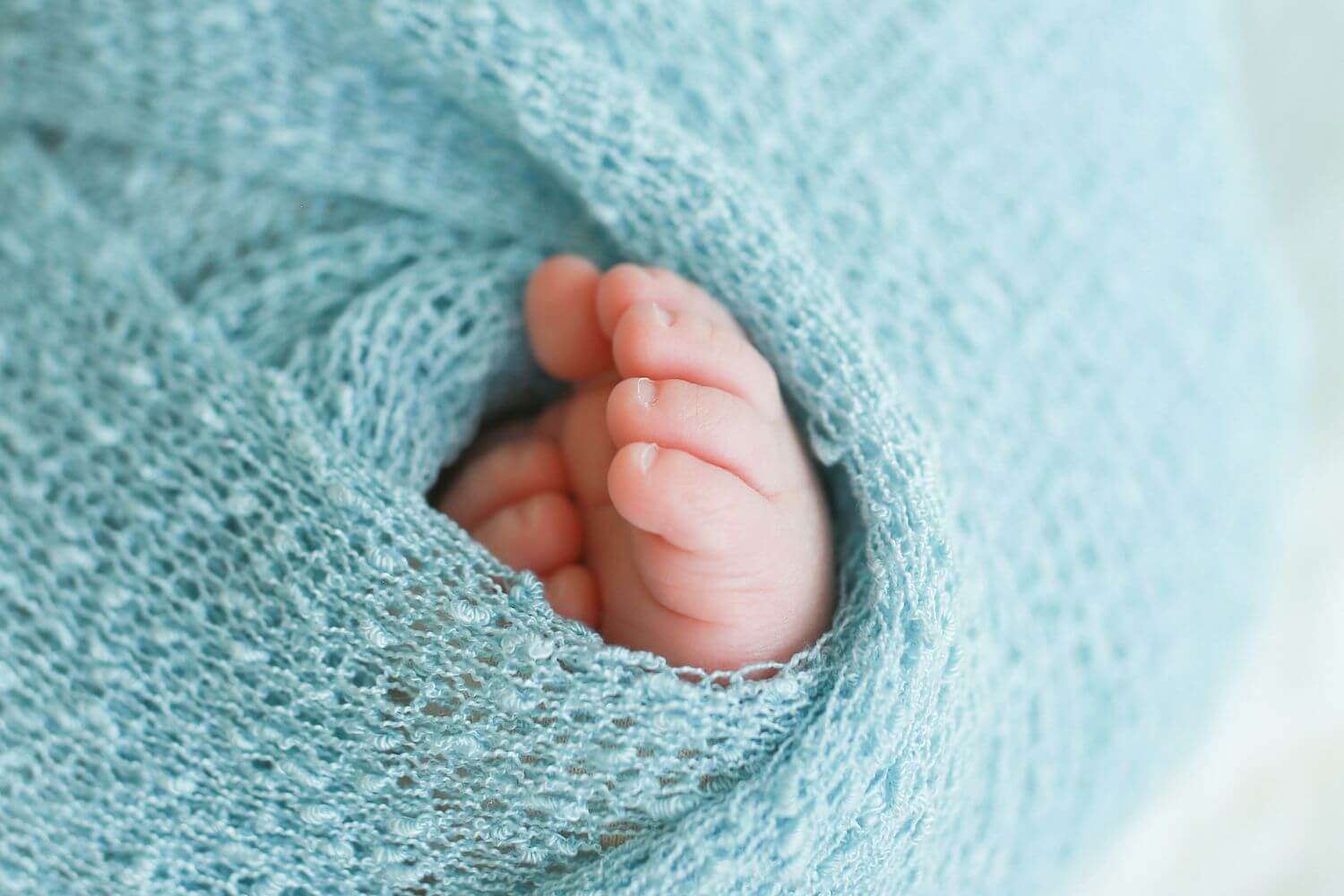Safe haven laws, also known as baby safe haven laws, are legislation enacted to provide parents with a safe and legal way to abandon their newborns without facing criminal prosecution. These laws aim to prevent tragic outcomes such as infant abandonment or infanticide, offering a compassionate solution to parents who may feel overwhelmed and without options. In this blog post, we will explore the history, purpose, and key aspects of safe haven laws, and how they can save lives and provide peace of mind to parents in crisis.
The Purpose of Safe Haven Laws
The primary purpose of these laws is to prevent harm to infants by offering a safe and anonymous option for parents who might otherwise feel compelled to abandon their babies in unsafe locations. Safe haven laws provide a secure environment where newborns can receive immediate care and be placed into the child welfare system for adoption, without the parents being criminally prosecuted.
Every state has slightly different safe haven laws, but there are some consistencies amongst them.
Age of Infant
Most states allow parents to give up their newborns up to a certain age, typically ranging from 3 to 30 days old. The precise age limit varies, so it is important for parents to be aware of their state’s regulations on infant abandonment.
Authorized Locations
Safe haven laws designate specific locations where infants can be safely relinquished. Common safe haven locations include hospitals and emergency rooms, fire stations, police stations, emergency medical services (EMS) providers, and certain nonprofit or child welfare agencies.
Anonymity and Legal Protections
One of the core tenets of safe haven laws is the provision of anonymity for the parent. Parents are not required to provide any identifying information when relinquishing their infant. In return, they are protected from prosecution for abandonment, provided the baby is unharmed and relinquished in accordance with the law.
Care or Custody of the Infant
Once an infant is relinquished under safe haven laws, it is typically taken into protective custody by the state’s child welfare agency. This means that the parents no longer have custody of the baby after it is relinquished to a safe haven location. The agency is responsible for ensuring the child’s well-being and initiating the adoption process. The goal is to place the child in a permanent, loving home as quickly as possible.
Who Benefits from Safe Haven Laws
Safe haven laws provide a critical safety net for a variety of individuals facing challenging circumstances. Young mothers overwhelmed by an unplanned pregnancy, parents experiencing severe financial or emotional distress, and those without access to supportive family or resources can find solace in these laws. If you are concerned about an unplanned pregnancy, talk with your local pregnancy center about your options.




